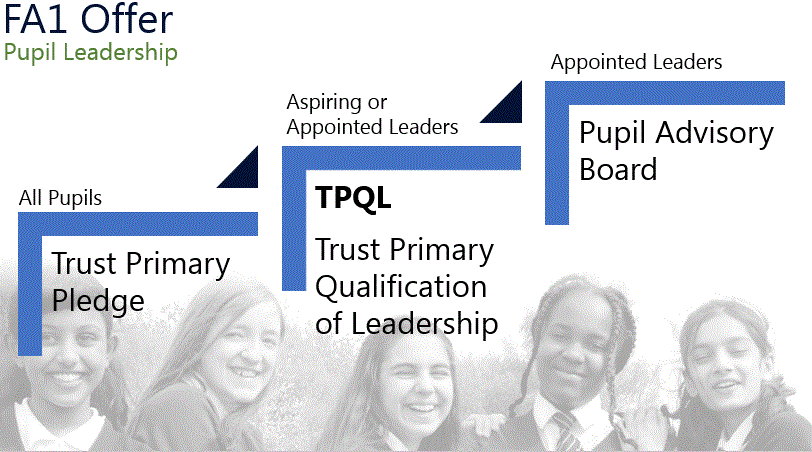Well-considered pupil leadership enables pupils to develop vital non-cognitive skills such as conscientiousness, teamwork and emotional maturity. Leadership opportunities can also provide pupils with the skills that inspire, motivate and influence others, and the deliberate teaching and opportunities of pupils’ leadership, when done well, can build life skills such as communication, conflict resolution and decision making. These essential qualities help to distinguish pupils in an extremely competitive and ever-changing world. Educating the whole person brings wider benefits to community and society too. It enables equality of opportunity, fair pursuit of jobs and further education, and increased social mobility.
Our Mission
‘For us, leading schools with hope is not merely wishful thinking, an optimistic outlook, or a positive attitude towards the future. It is a deeper, broader, richer concept that is rooted in God’s love and compassion for all people and for the whole of creation.’
Reverend Nigel Genders, Church of England’s Chief Education Officer
Our Hope
- Place the voice of the children and young people at the centre of decision making
- A vision for education, curriculum and learning experiences that prepare children for an exciting, rapidly-changing world
- Prioritise equity, diversity, belonging, inclusion and justice for children from all backgrounds in all aspects of school life







